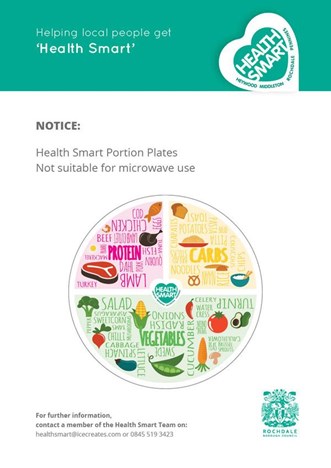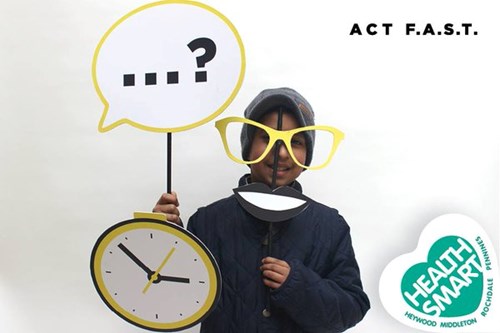Significantly improving health outcomes and reducing premature mortality rates requires a joined up approach. Health professionals, stakeholders and citizens must work together to engage communities and make sure nobody is left behind.
According to a report by the King's Fund, individuals from lower socio-economic and educational groups are five times more likely to engage in a number of unhealthy behaviours at once such as smoking, eating takeaways, drinking alcohol and consuming ready meals.
Co-created with Rochdale Metropolitan Borough Council, the borough wide ‘Health Smart’ programme focused on smoking, obesity/diet, cancer screening and improving faster access to care for people who have had a stroke in the community.
Combined with trying to manage money on a low-level fixed income, these behaviours mean making ends meet can be very challenging. We’ve found that by working together, we can help to improve the health, wellbeing and welfare of your customers whilst protecting your income.
To combat early cancer deaths, the programme aimed to increase symptom awareness, early diagnosis and screening uptake. By increasing understanding of food portioning as a tool to manage weight, the programme also aimed to reduce the increasing risk of obesity.

The development, management and execution of the Health Smart programme were based upon ICE’s people-shaped philosophy. Using insight, co-creation and engagement, we used baseline surveys to establish current levels of awareness from representatives across the borough in relation to food portions/healthy eating, signs and symptoms of cancer and signs of and response to stroke.
To increase engagement and the impact of messaging, the creative for Health Smart was co-designed with RMBC and community representatives to agree campaign identity and logo, key messages, tone of voice and design style.
Finally, the campaign embraced an asset-based community development approach – empowering and up-skilling stakeholders and ‘Champions’ to deliver face-to-face engagements, create connections using social media and traditional styles of communication, and to bring together stakeholders and support services to deliver informative and engaging interventions.

The programme covered three work streams:
- ‘Champions’ recruitment, training and support
- Marketing and engagement campaign
- Full programme evaluation.
The role of the ‘Champions’ was to raise awareness of the Health Smart programme, to encourage dialogue about health topics and general wellbeing, to activate and empower the community to make positive lifestyle choices and to encourage the community to take positive action relating to their own lifestyle and health behaviours.
Health Smart Champions:
- 71% of Champions felt either fairly or very confident to talk to people about portion size and healthy eating
- 94% of Champions recognised the ‘ideal’ food plate unprompted
- 70% said they felt either fairly or very confident to talk to people about the signs and symptoms of cancer
- Majority of Champions understood and recognised the different signs and symptoms of cancer
- 84% said they would see a GP within a week if they had concerns about a cancer sign/symptom
- Majority of Champions understood the signs of a stroke.
The Champions reported over 2,000 local engagements at a grass root level through conversations and dialogue with people locally. In total, 17 community events were funded across the borough, resulting in a further 600 community level engagements.
Outcomes
At the end of the Health Smart programme, outcomes included:
- An increase to 92% in intention to act and call 999/ambulance immediately when presented with signs and symptoms of a stroke
- An increase to 87% in identification of the recommended healthy food plate
- An increase of 92% in awareness of screening programmes.
To request a full case study, talk to Chris Lunn on 0845 5193 423 or at chris.lunn@icecreates.com
 collective voice
collective voice
